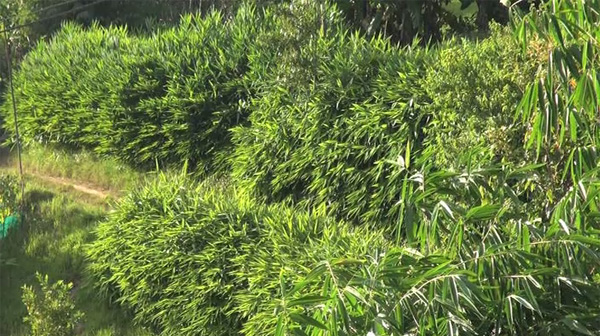 Started in 2011, the broom-grass business in Tsirang lived up to the theme; easy to grow, easy to sell. There was no dearth of buyers as they export the brooms to India. However, when the pandemic struck the country last year, the business came to an abrupt halt.
Started in 2011, the broom-grass business in Tsirang lived up to the theme; easy to grow, easy to sell. There was no dearth of buyers as they export the brooms to India. However, when the pandemic struck the country last year, the business came to an abrupt halt.
The 12-member Batasay Non-Wood Forest Production Group is based in Menchhuna under Kilkhorthang Gewog in Tsirang. The group cultivated broom grasses on five acres of state and private land. Until last year, the business was booming exporting at least about three thousand bundles of brooms yearly to India. But the group suffered huge losses after the pandemic.
“The sale was almost zero, last year. We gave it as contributions to hospitals and Lhakhangs. It was because the pandemic struck the country at the exact time when we are about to market the brooms. But this year we could sell a few to Thimphu and Bumthang,” said Kishor Chapagai, the Chairperson of the Batasay Non-wood Forest Production Group.
“Growing broom-grass is very convenient for elderly people like me. It is not labour-intensive except in the beginning. But because of travel restrictions, we can’t sell it to India and not many place orders here in our country. We are concerned about its market this coming season as well,” added Nima Zangmo, a member of the group.
Today, with harvest season nearing, they are banking on the reopening of the border to resume export. The group will harvest brooms from December to March next year.
“If there are no lockdowns like before, we can sell our brooms within Bhutan. But if borders still remain closed, we can’t sell it in Indian markets. So that is what we fear for now,” the Chairperson said.
Batasay Non-Wood Forest Production Group was established with support from the Department of Forests and Park Services and the HELVETAS Bhutan office.
Pema Tshewang, Tsirang
Edited by Sonam







